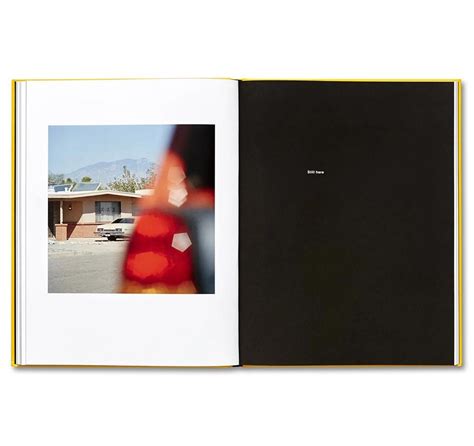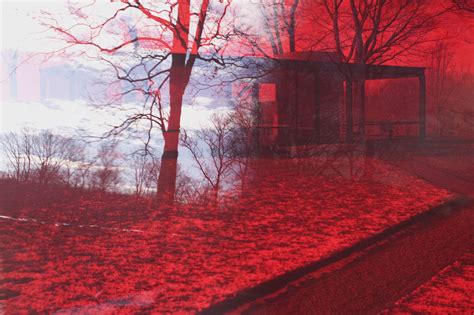A Quote by Dennis Hopper
... I'm sort of a nervous person with the camera, so I will just shoot arbitrarily until I can focus and compose something, and then I make a shot. So generally, in [the] proof sheets, there are only three or four really concentrated efforts to take a photograph. It's not like a professional kind of person who sets it up so every photograph looks really cool.
Related Quotes
If you are walking down the street, camera in your hand, loaded and ready to shoot. You see a person falling from a high building, either having fallen or jumped. That person is falling through space. You don't shoot that photograph unless the theme you are working on has to do with the effects of space on the human figure. If you simply photograph that event because it is an event that is happening, you're doing photojournalism.
I don't really remember the day when I stood behind my camera with Henry Kissinger on the other side. I am sure he doesn't remember it either. But this photograph is here now to prove that no amount of kindness on my part could make this photograph mean exactly what he.. or even I.. wanted it to mean. It's a reminder of the wonder and terror that is a photograph.
You know, I think I knew you for about three weeks before I ever really saw you smile. And then one day, Morgan said something and you laughed, and I remember thinking it was really cool because it meant something. You're not the kind of person who smiles for nothing, Colie. I have to earn every one.
I feel like until you're with the person, the person you end up marrying, you don't ever really know what you're looking for. I'm just into a girl with a really good personality, something that goes beyond looks. I want to be able to joke around, be respectful of each other... there are a lot of things that go into compatibility.
The minute you start saying something, 'Ah, how beautiful! We must photograph it!' you are already close to view of the person who thinks that everything that is not photographed is lost, as if it had never existed, and that therefore, in order really to live, you must photograph as much as you can, and to photograph as much as you can you must either live in the most photographable way possible, or else consider photographable every moment of your life. The first course leads to stupidity; the second to madness.
I think way back, the '20s or the '30s, when Kodak came out with the Brownie and they put a list of instructions on the box, like how to use this thing, I think someone arbitrarily said, 'Make sure the person in the photograph is smiling.' And we went from that one sort of set of industrial instructions to this whole culture of perkiness.
A photograph records both the thing in front of the camera and the conditions of its making... A photograph is also a document of the state of mind of the photographer. And if you were to extend the idea of the set-up photograph beyond just physically setting up the picture, I would argue that the photographer wills the picture into being.
It's like he would take a photograph of Sam, and the photograph would be beautiful. And he would think that the reason the photograph was beautiful was because of how he took it. If I took it, I would know that the only reason it's beautiful is because of Sam. I just think it's bad when a boy looks at a girl and thinks that the way he sees the girl is better then the girl actually is. And I think it's bad when the most honest way a boy can look at a girl is through a camera. It's very hard for me to see Sam feel better about herself just because a boy sees her that way.




































